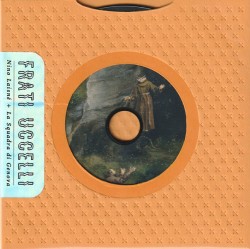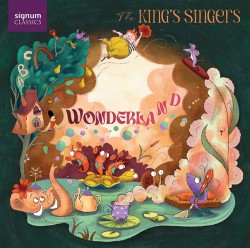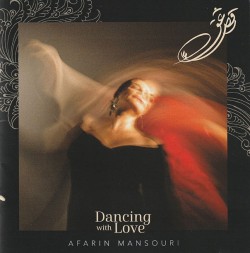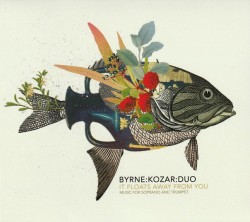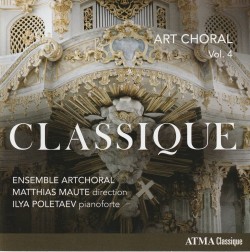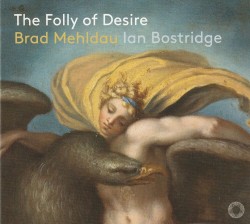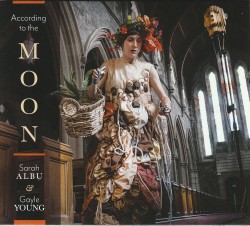Wagner: Siegfried - Simon O’Neill; Anja Kampe; Bavarian Radio Symphony Orchestra; Simon Rattle
 Wagner – Siegfried
Wagner – Siegfried
Simon O’Neill; Anja Kampe; Bavarian Radio Symphony Orchestra; Simon Rattle
BR Klassik 900211 (brso.de/en/cd-dvd/Richard-wagner-siegfried/)
Siegfried was the third in Wagner’s Ring Cycle; preceded by Das Rheingold and Die Walküre and followed by Götterdämmerung. Die Walküre ended with the pregnant heroine Sieglinde fleeing into the woods, and with the Valkyrie Brünnhilde condemned to sleep within a ring of fire until rescued.
This opera skips ahead: Sieglinde’s child is now a young man, Siegfried. Since Sieglinde died in childbirth, Siegfried was raised by a Nibelung, Mime. Siegfried is defiant, boastful and even arrogant. The role is played to the hilt by Simon O’Neill, his powerful tenor fulfilling all of the qualities with which Wagner had imbued Siegfried’s character. These are not negative traits. Instead, they reflect the unconquerable nature and innate heroism of the great Wagnerian character.
The finale, Act III, features exceptional music. Baritone Michael Volle is powerful, even majestic, playing Wotan, The Wanderer, and gives the performance of his life as he bares his soul to the goddess Erda. Meanwhile the sequence where O’Neill’s Siegfried expresses his feelings for Brünnhilde (sung by the lustrous soprano Anja Kampe) veers from plangent lyricism to flame-toned declamation.
Sir Simon Rattle conducting Symphonieorchester des Bayerischer Rundfunks is a strong contender for the finest Siegfried on CD in recent times. O’Neill is at his peak as Siegfried while Volle is uniquely authoritative as Wotan. Rattle is a less showy conductor than his rivals, but he offers a refreshingly unforced quality, one to which his performers are deeply responsive.


